Effective Wayfinding In Your Facility
Webinar | Effective Wayfinding
Effective Wayfinding In Your Facility
Help people safely find their way through your facility with wayfinding signage and markings. Led by Brian McFadden, this webinar covers the ideas behind effective wayfinding, the tools available to make your system work, and best practices for creating a complete system of safe and efficient navigation.
 20 MINS
20 MINS Presented By

Brian McFadden
Technical Writer
Compliance Specialist
Transcript
Webinar Preview
Contents of the Effective Wayfinding In Your Facility Webinar:
- What is Wayfinding?
- Identifying Your Goals
- Planning Your Wayfinding System
- Creating Signs and Markers
Excerpt from the Effective Wayfinding In Your Facility Webinar transcript:
What is Wayfinding?
First, what are we really talking about when we say "wayfinding"?
Think about the last time you went to an airport. You probably found the parking lot, the ticketing desk, the security check, and the gate for your flight by following signs. You may have seen arrows pointing the way to those different locations, too. You may have found restrooms by looking at a map, or by scanning the walls for those easy-to-recognize symbols.
All of those elements are parts of an overall wayfinding system. In fact, the lines painted on the runway, and the lines in the parking lot, are also examples of visual wayfinding.
At its most basic, "wayfinding" is a method for helping people find their way-that is, helping people:
. Identify where they are and where they're going,
. Figure out how to go from point A to point B,
. Stay on track along the way,
. And know when they've arrived.
Effective wayfinding makes your facility safer and more efficient, and it ties into many other approaches to safety and efficiency.
Identifying Your Goals
There are many different tools that can be used in wayfinding, but if you start without a clear idea of your goals, you can end up making your facility harder to navigate, instead of easier. It's worthwhile to step back and ask a few questions at the beginning of the process, before you start making plans or posting signs. These questions can be very simple, but the answers will direct the rest of your wayfinding project.
Who Is Your Audience?
First, who is the audience for your wayfinding system?
. Are you helping visitors, who will need to get to an information desk, waiting area, or restrooms?
. Do you need to direct employees, who might need help quickly navigating a complex building, locating other departments, or safely moving through busy areas?
. Are you concerned about motor vehicles-whether that means forklift traffic, parking areas, or delivery trucks?
. Will you need to direct all of these groups together, or keep them separate?
Different audiences will have different needs, and an effective wayfinding system should be matched to the audiences in your facility.
What Is Your Message?
Once you know who you're talking to, you need to think about what you're trying to communicate.
. Are you identifying common destinations, and how to get there?
. Are you focusing on emergency exit routes or other less-common directions?
. Are there hazardous areas that your audience will need to avoid?
. Will your audience need to cross other traffic paths along the way?
. Have there been any accidents or near misses that you need to prevent in the future?
If you're not sure that you've covered all the bases, ask around. Other employees may be able to tell you where people seem to get lost, or where additional signs or warnings may be needed.
Where Are Your Contact Points?
Every sign or stripe in your wayfinding system will have to go somewhere in your facility. These are "contact points," the places where you can communicate to your audience. Start with a basic map of your facility, and add notes to mark where these contact points will be.
There are three general categories for where most wayfinding contact points:
. Entrances and exits,
. Major destinations,
. And paths and intersections.
To learn the about common types of visual signals, and practical guidance on maximizing the value of visuals in your facility, watch the full webinar on demand now!
Related Resources
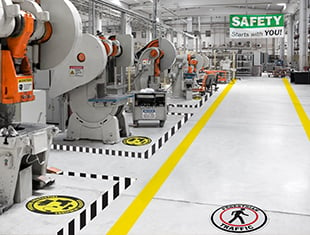
Building a Visual Workplace
Presented By Brian McFadden Technical Writer Compliance Specialist Related Resources Visual Workplace & ...
Watch Now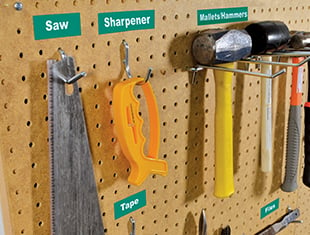
Tips for an Efficient and Lean Warehouse
Presented By Brian McFadden Technical Writer Compliance Specialist Related Resources Warehouse Safety Hazards ...
Watch Now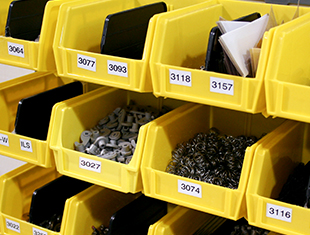
Implementing 5S In Your Workplace
Presented By Brian McFadden Technical Writer Compliance Specialist Related Resources What is 5S? The 5S ...
Watch Now.png)
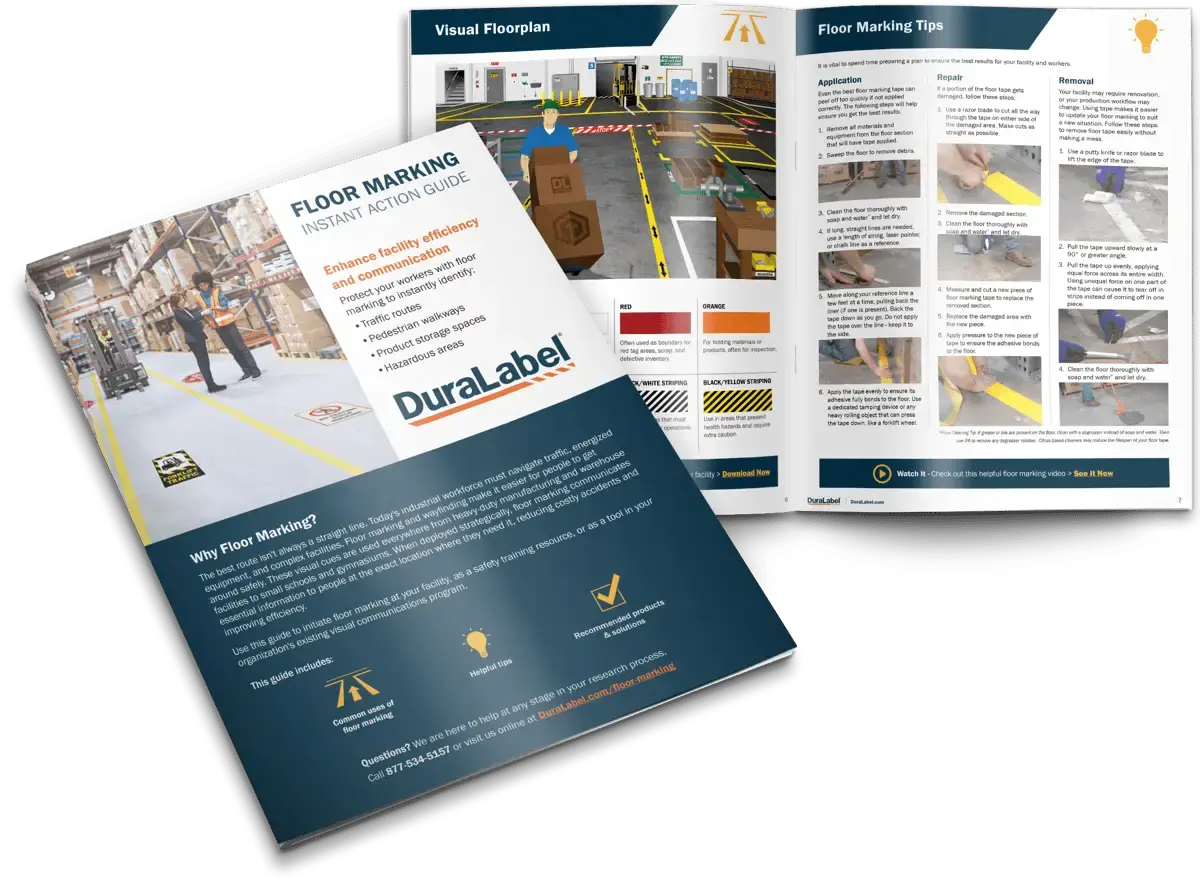
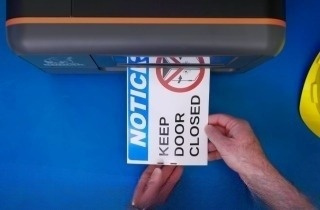
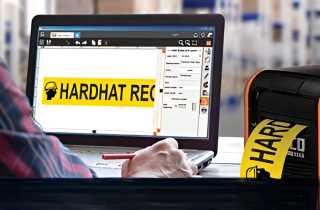
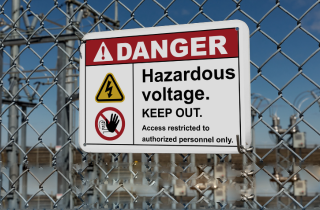
%20(1).webp)
